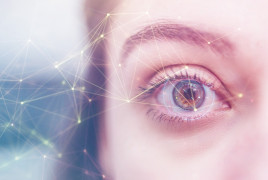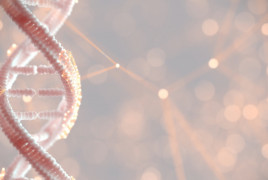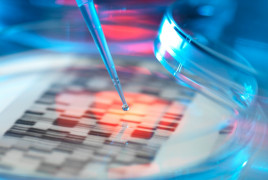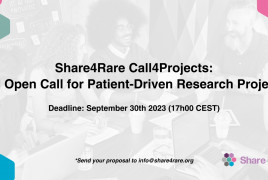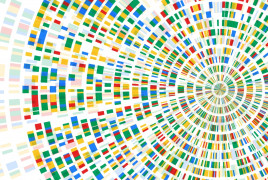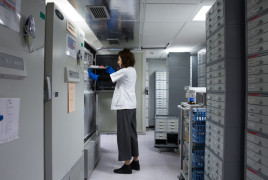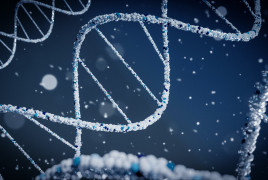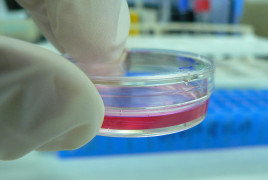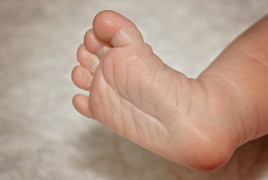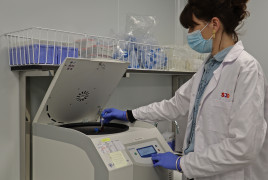New mechanisms causing blindness in mouse models discovered
A multidisciplinary research team, under the leadership of geneticist Gemma Marfany, has recently published an article in the journal Redox Biology. Their study, conducted using a mouse model, revealsA novel algorithm has been developed that increases the diagnosis rate of rare diseases
One of the primary challenges faced by individuals affected by rare diseases is the timeliness of their diagnosis. Diagnosing such patients often tends to be extended in time, leading to a delay inA new rare immune system disorder attributed to a mutation in the DOCK11 gene has been discovered
The University Hospital Virgen del Rocío in Seville and the Sant Joan de Déu Barcelona Children's Hospital · Sant Joan de Déu Research Institute have collaborated on international research that3rd Share4Rare open call for patient-driven research projects
Research in rare diseases faces significant challenges due to the limited number of patients and geographical and linguistic barriers. In light of this, Share4Rare has made it a priority to foster theStudy identifies genetic causes of different developmental disorders in 5,500 paediatric patients
As explained in an article published in the New England Journal of Medicine, the research group delved into an extensive analysis of the genomes of over 13,500 families from the United Kingdom andEarly treatment of BCKDK deficiency significantly improves its symptoms
Branched-chain ketoacid dehydrogenase kinase deficiency, or BCKDK deficiency, is caused by a mutation in this enzyme. This mutation results in a lower production of biomolecules known as branchedA patient-turned-researcher advocates for transparent science in rare disease research
Richard Rui Yang is a Hong Kong-based researcher affected by Bietti crystalline dystrophy (BCD) , a rare retinal degeneration disease characterised by small sparkling crystalline deposits in the
